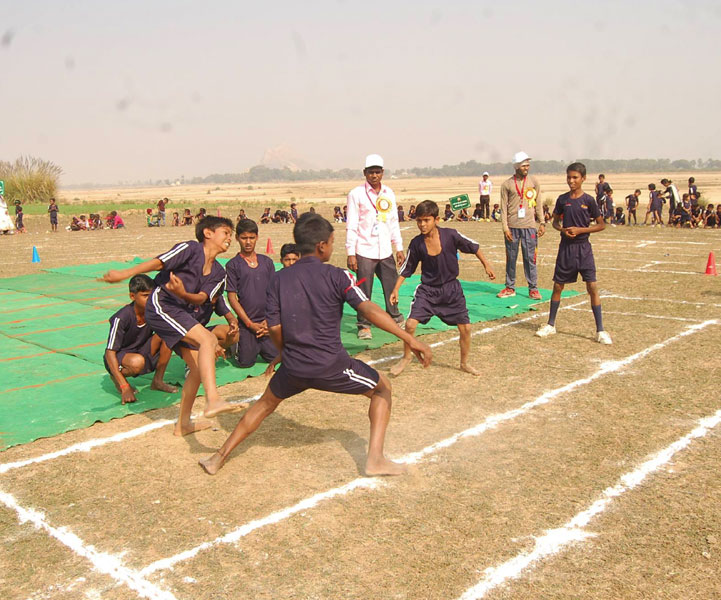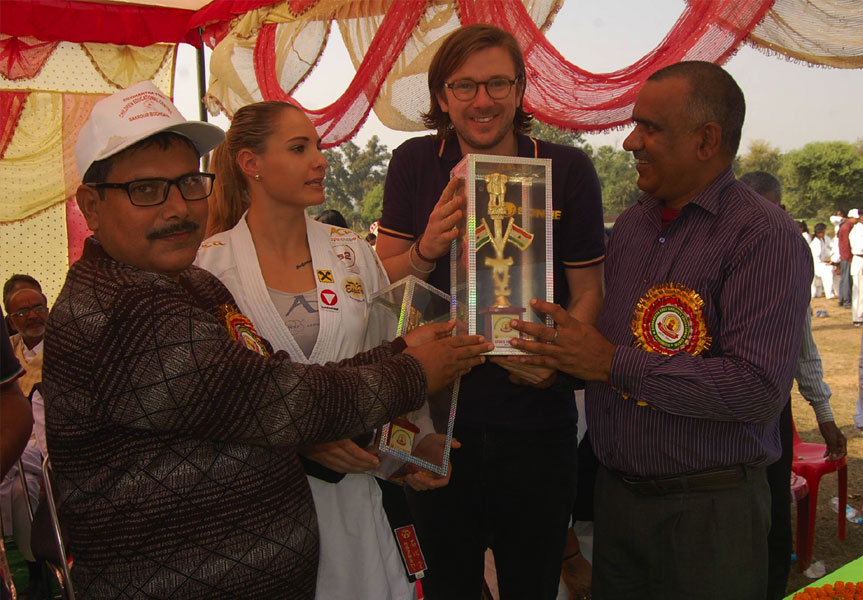India has produced some of the world’s best sports persons in activities as diverse as cricket, boxing, badminton, archery and shooting. And yet, several of the country’s sports heroes have come from humble backgrounds like the wrestling akharas of Haryana or the rickety gyms of Tripura — these examples underline the effect of sports as a powerful tool for socio-economic progress. Buddha Educational Foundation seek to harness this potential by actively working in underserved parts of the country, to reawaken aspirations and open new avenues for upliftment.
The UN lists sports as a development tool with a host of beneficial impacts that range from improving health and wellbeing to providing livelihood opportunities to attracting infrastructure investment for development. Nelson Mandela summed it up succinctly when he said that sports can change the world. The Tata Trusts have adopted sports as an innovative development theme to generate positive socio-economic change in local communities.


The challenge
Over the years, India’s education policies have emphasised academics as the prominent marker of intellectual development and economic progress. Sports, arts and culture are accorded a lower priority in school and college curricula.
Physical training in schools mainly involves marching drills or physical training exercises, often just once a week. There is limited opportunity for children to explore the excitement of an individual or team sport. Only a few individuals with an overriding passion for sport and the resources and family support to sustain and nurture that interest, are able to realise their dream of becoming sportspersons.